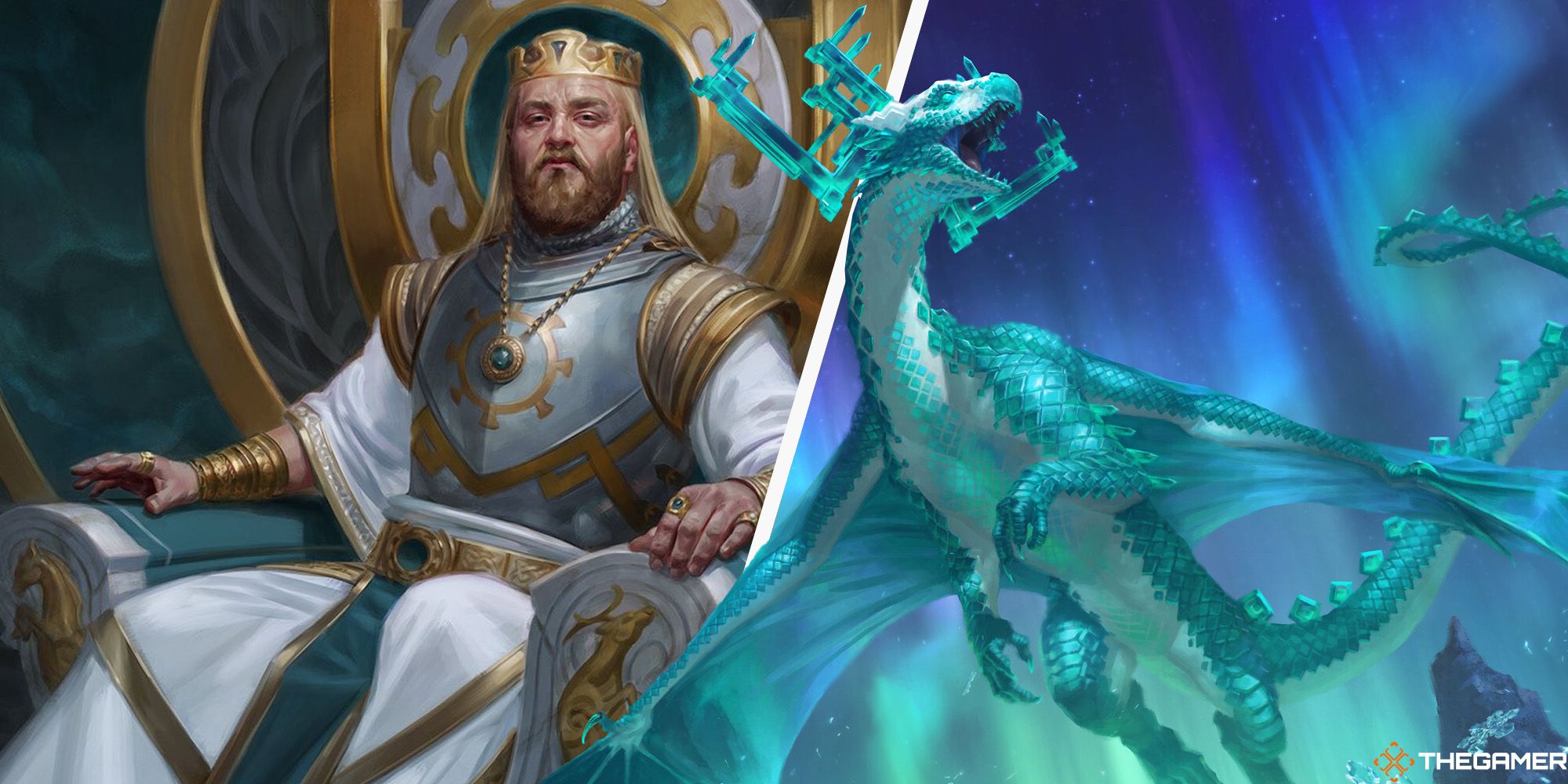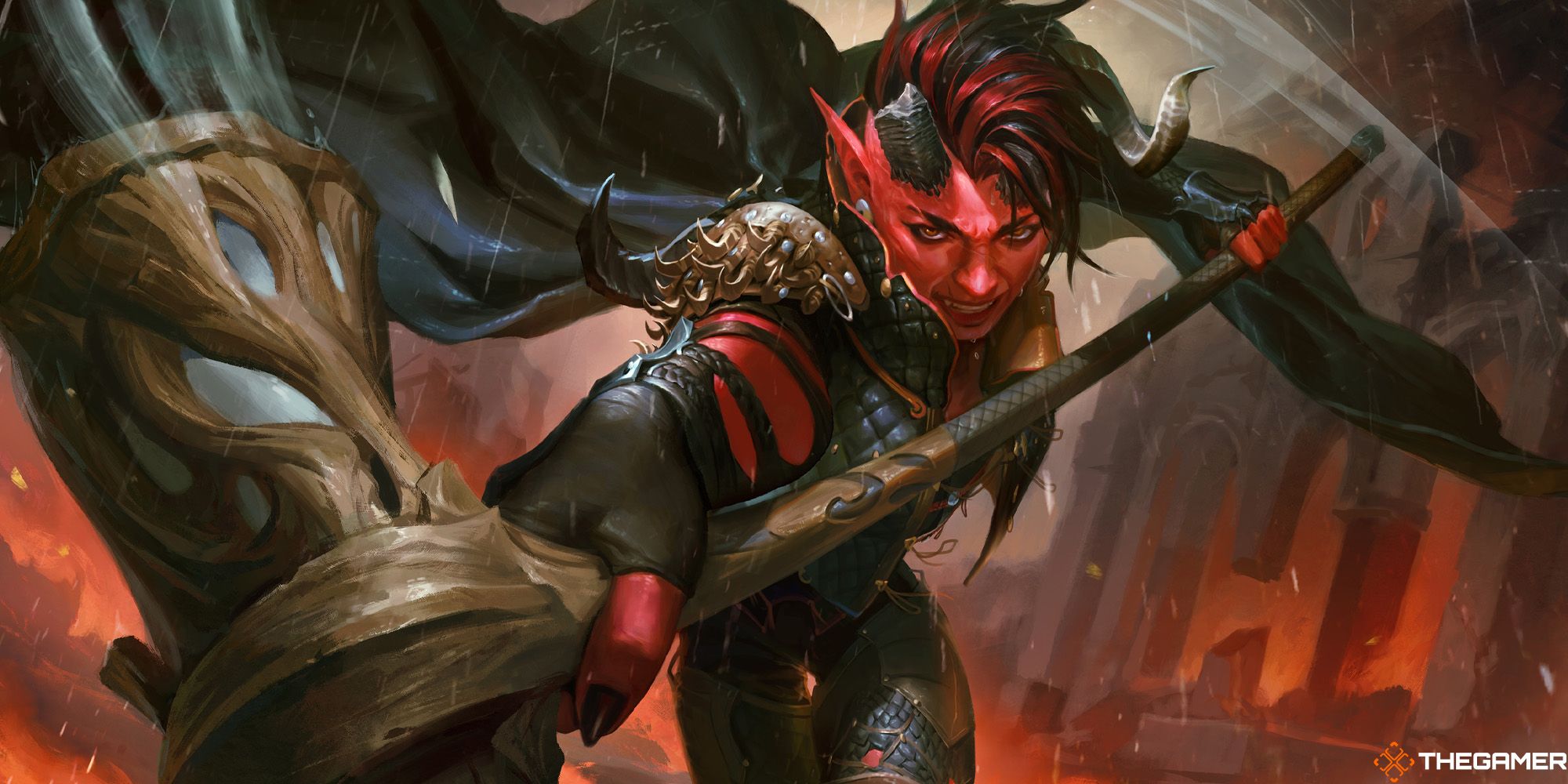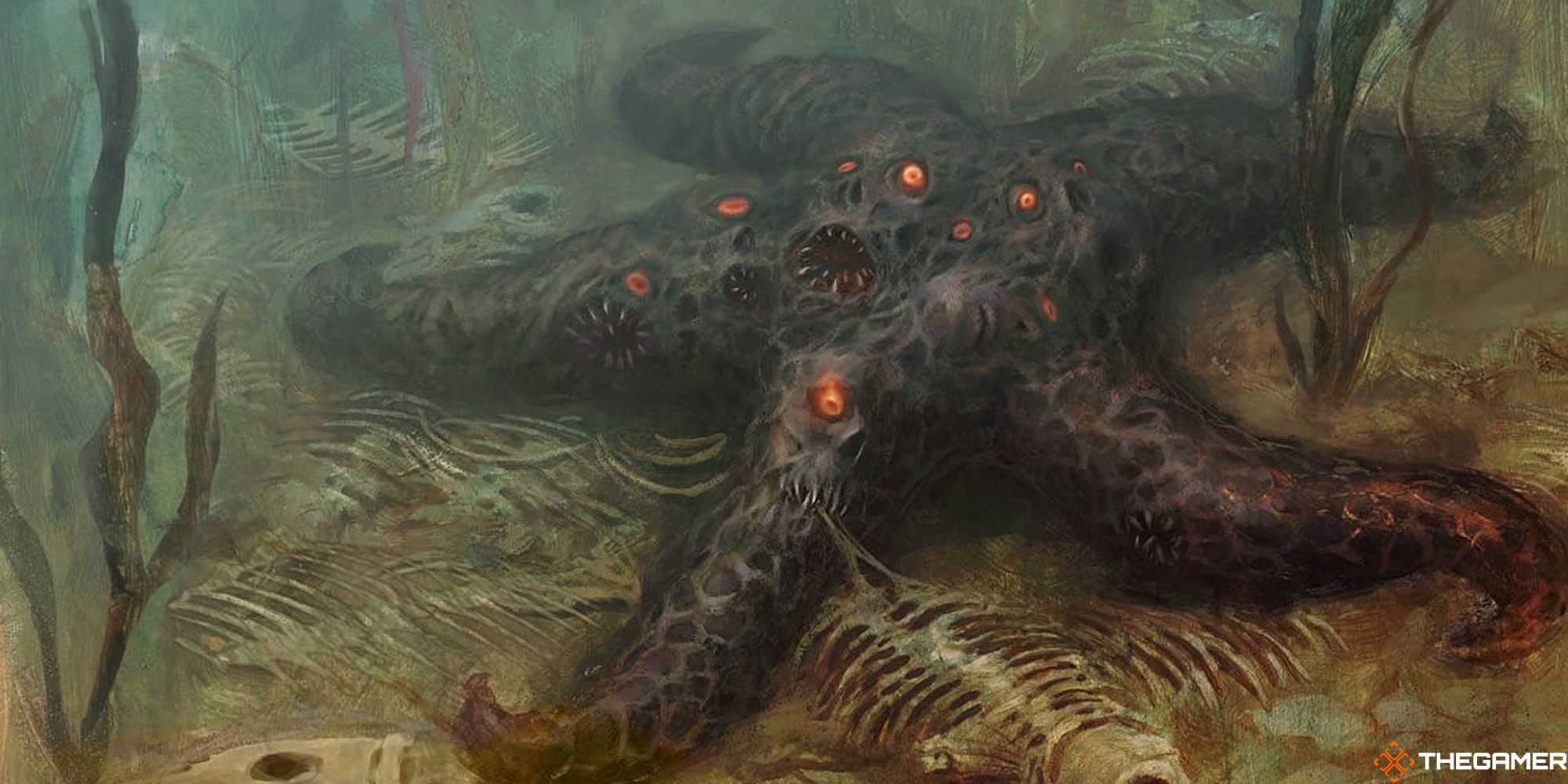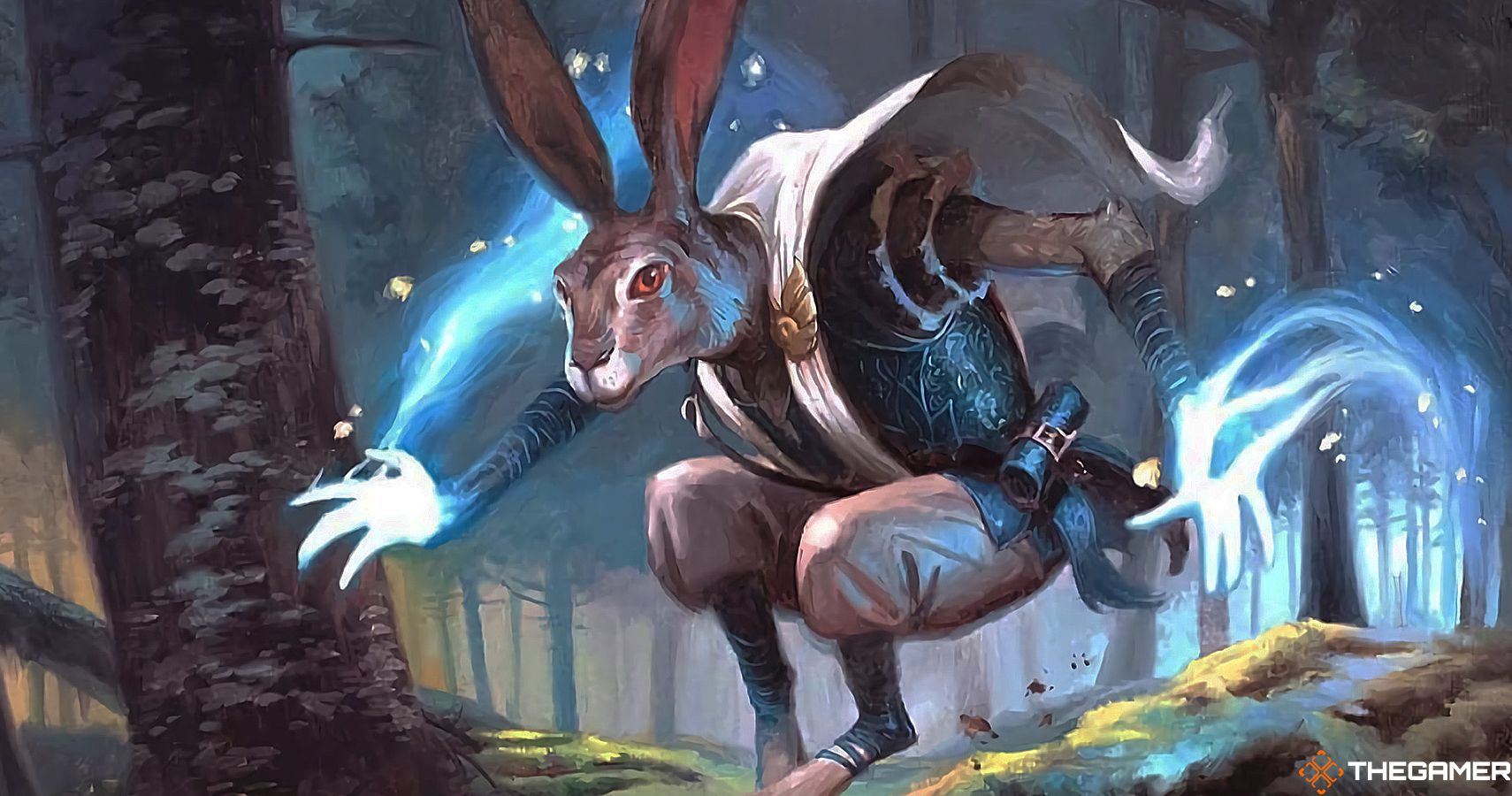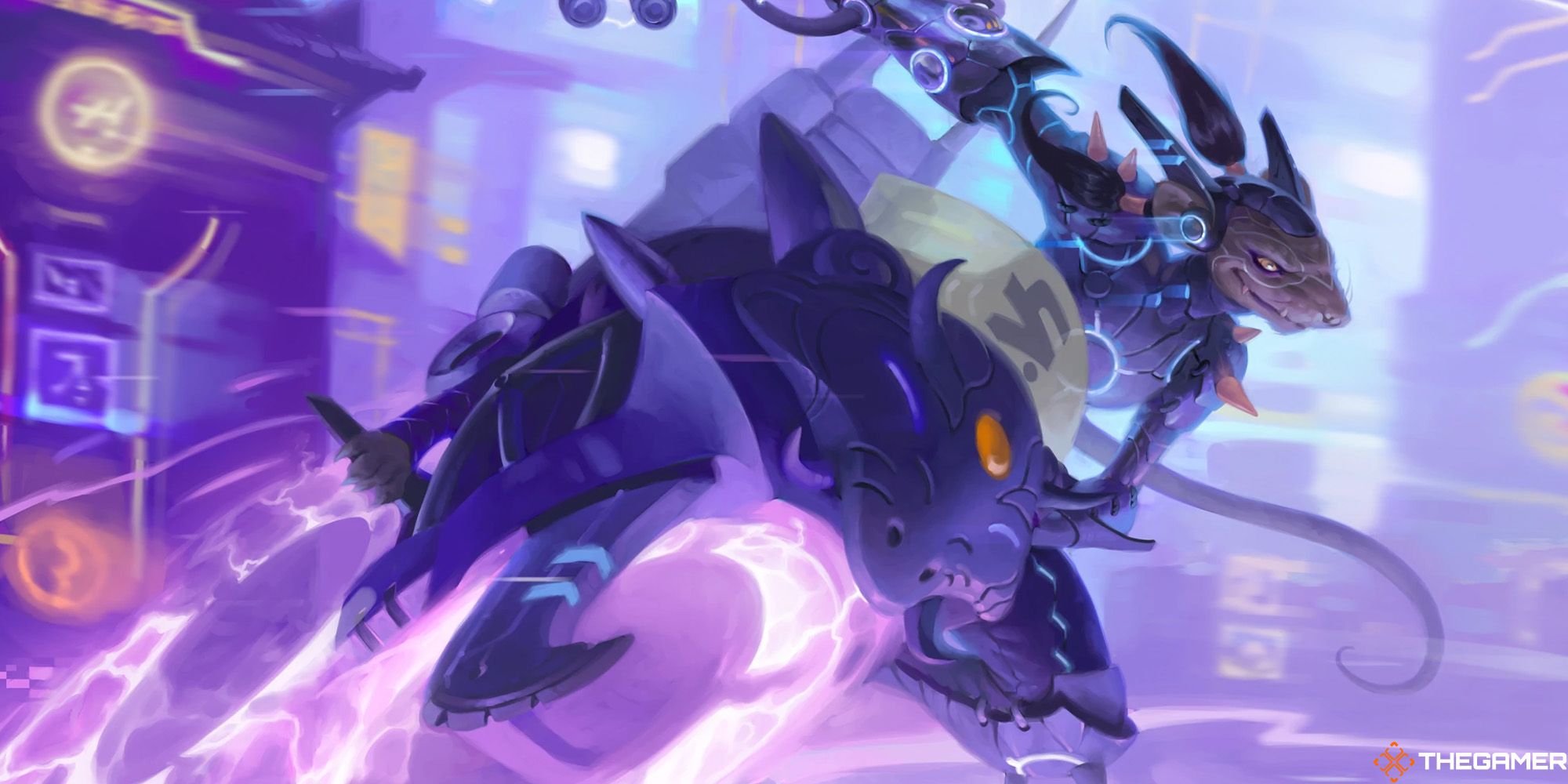One of Magic: The Gathering’s most frustratingly persistent points of contention is how players talk about the power of their decks in the Commander format. A four-player, social-focused format where having a good time is more important than outright winning, it’s an open-ended mishmash of all kinds of decks, strategies, and efficiencies.
Everyone is encouraged to have ‘rule zero discussions’ to hash out the overall intent of the game before it starts: what decks are you playing, how fast can they win, are you working with combos or free interaction, to deal with the near-infinite number of decks you can play, and the problem of people playing differently levelled decks against each other.
But in the endless discussions about if this Commander or that card is suitable for 'casual play' (glossing over what the hell ‘casual’ even means), one phrase seems to bring things grinding to a halt more frequently than anything else: 'I play to win'. For the sake of your Commander games, it’s worth thinking about how destructive that phrase is, and how very little it even says.
'I play to win' is a phrase so void of any actual meaning that it sucks the air out of the room and shuts down any further conversation. It sounds deep and meaningful, until you realise this is a game where only one person can win. Of course, everybody is playing to win, whether they’re a pubstomper bringing a cEDH deck to a precon table, or someone hoping their janky Okapi Tribal can cut it in a competitive pod. By throwing out 'I play to win!', you’re no longer talking about the game, you’re needlessly arguing for your place at that table.
The issue with ‘I play to win’ is that it’s a phrase that sounds like it has a distinct meaning, but in reality, can mean different things to different people. Everyone plays to win, but the definition of 'winning' is so annoyingly nebulous. Instead, it’s better to talk about what you define as winning, to ensure the table knows the kind of game you’re hoping for. To that end, there are three rough, overlapping categories of ‘Commander Winners’.
Some people consider the process of building a deck as part of playing it. For these people, playing to win involves putting the most powerful cards in their deck and winning as efficiently as possible, trying to secure their victory before they even sit down. Players in this group are likely those most drawn to cEDH and the higher end of the 'casual' cloud of Commander, where the wild combos and big plays can run free.
Sometimes, when a player with this mindset is mismatched with the table, you get accusations of ‘pubstomping’. Some players do just want to be dicks and rock up to a game with their perfectly-calibrated deck, but they’re hardly the majority. Sometimes you’ve just accidentally brought more spice than your opponents were expecting, and you know to find a stronger pod for the next game.
On the other hand, this way of thinking isn’t inherently bad. Paradoxically, the hyper-competitive cEDH format is an incredibly chill community despite the spice and degeneracy that can go on in a game, because everyone understands that’s the point of it. You’re letting loose in a controlled, approving environment, instead of blasting your Ad Nauseam combo on someone hoping to play their deck made solely of cards that could be euphemisms for butts (Sinister Starfish, Polluted Delta, and so on).
The second group think 'playing to win' refers solely to the actions you take in the game. It doesn’t matter what deck you’re playing, or how strong the overall table is, as long as everyone is doing their utmost to win. On the surface, this is probably the definition most people agree with. After all, nobody sits down at a game of Magic and hopes they lose. Nobody likes it when a player kingmakes or makes plays out of spite, because then they’re not playing to win: they’re playing to punish.
However, it’s hard to fully get on-board with the idea that 'playing to win' means 'taking the actions that are most likely going to get you a victory', as it goes against much of the etiquette Commander players have pretty concretely set out. Even players who would describe themselves as being in this category may criticise a late-game board wipe that isn’t immediately followed up with a win, or refuse to play with someone that broke an informal promise for the sake of an advantage.
This type of player likely overlaps deckbuilders described above, and the final group I’m about to get into. While the other two set the power of the decks in play, this one defines player behaviour – you could have someone playing a highly-tuned cEDH deck while half-assing it, just like you could have The Butt Deck Player go really hard on making their Mudhole work for them.
Finally, you have the third group. This is the hardest of the three interpretations to pin down, as it’s based on the ‘spirit of the format’, as defined by its creators. Some people see ‘winning’ a game of Commander as ensuring the whole table has fun, even if they themselves lose. If everyone’s deck got to be scary at least once, then a good time was had. This is probably the category I tend to fall into most, as I like to see other decks pop off and teach me new things about the game just as much as I do having my own decks fire on all cylinders.
It’s noble to declare 'we’re all winners here!', but, at the most literal level, it’s untrue. Only one person can with a game of Commander, and everyone else loses. It’s patronising to the first group - those who want to win while others lose - to insist that this is the real ‘playing to win’ approach.
That’s why this approach being the golden standard for the Commander community causes friction. In the way the Commander Rules Authority created it, Commander doesn’t neatly fit in the competitive framework of Magic: The Gathering. You have to shift your outlook on the game significantly, and players who struggle to do that are often unfairly seen as pubstompers who are ruining the game.
Being able to identify which group you fall into is important. Not just on a personal level that allows you to assess how you play and enjoy Commander, but on an actual, mechanical level of the game. By identifying that everyone has a different meaning of ‘playing to win’, you can better discuss your expectations for a game with your table. For example, I’d describe myself as someone who likes a chill game with lower-powered decks but isn’t afraid of politics and cutthroat decisions here and there.
Meanwhile, someone else could describe themselves as a player who gets enjoyment out of brewing the most brutal decks possible and throwing them against other players who like the same. A table with me and that player would need to find a way to meet in the middle to ensure we’re all having a good time.
In Magic, playing to win has too many different, often ill-defined, definitions, when what your table needs is clarity. By putting words together, you can make things called ’sentences’, which can convey complex topics like your deck’s intent or your approach to playing. Do you like it when every player goes as hard as possible and is as cutthroat as can be? Communicate that. Do you prefer a chiller game where people realise when the game’s run its natural course and agree not to wipe the board after a certain point to ensure it ends this week? Say it. Don’t assume winning is the same for everyone.

